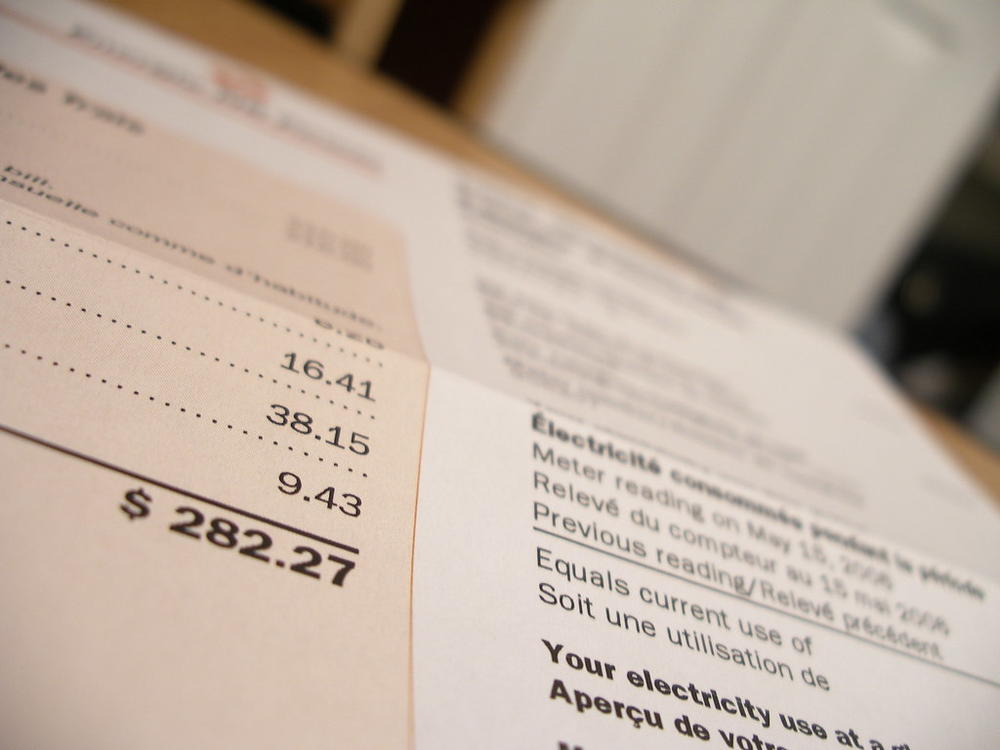Section Branding
Header Content
Georgia Power Offers Bill Assistance Programs As Health Crisis Continues
Primary Content
One of Georgia's largest utility companies is offering special programs for people who may be struggling to pay their power bill.
Georgia Power is partnering with the Salvation Army and the Division of Family and Children Services to help qualifying, low-income households pay their energy bills.
Some of the company’s bill assistance programs include:
• Georgia Power’s Senior Citizen Discount – Georgia Power customers 65 years of age or older who meet the income requirements for eligibility can receive up to $24 a month off their bill.
• Low-Income Home Energy Assistance Program – Georgia Power supports the Division of Family & Children Services to help qualifying, low-income households pay their home energy bills.
• The Salvation Army’s Project SHARE: Established in partnership with The Salvation Army, Georgia Power customers can provide assistance to residents in the same community for expenses, such as utility bills, housing, food and medical necessities.
The company has not said if it will extend its 30-day 'no-disconnection' policy, which began last month.
Need help managing your #StayAtHome energy use? We’ve got you covered. Visit https://t.co/c5SD2q0id9 to try our free online energy checkup.— Georgia Power (@GeorgiaPower) March 31, 2020
ENERGY SAVING TIPS:
1) Set thermostats to 78 degrees during warm weather months. With each degree higher you set your thermostat, you can see a 3-4% decrease in energy use.
2) To avoid phantom energy loss, unplug devices when not in use, or use a smart power strip and turn off the strip when equipment or devices are not in use.
3) Avoid using appliances that produce heat during the hottest times of the day and avoid frequent opening of refrigerators and freezers.
4) Clean or change air conditioning filters each month. A dirty filter can make your equipment work harder, resulting in higher bills.
5) Turn off TVs, computers and other electronic devices when not in use. Consider energy-saving settings, which are often available on newer equipment and appliances.


